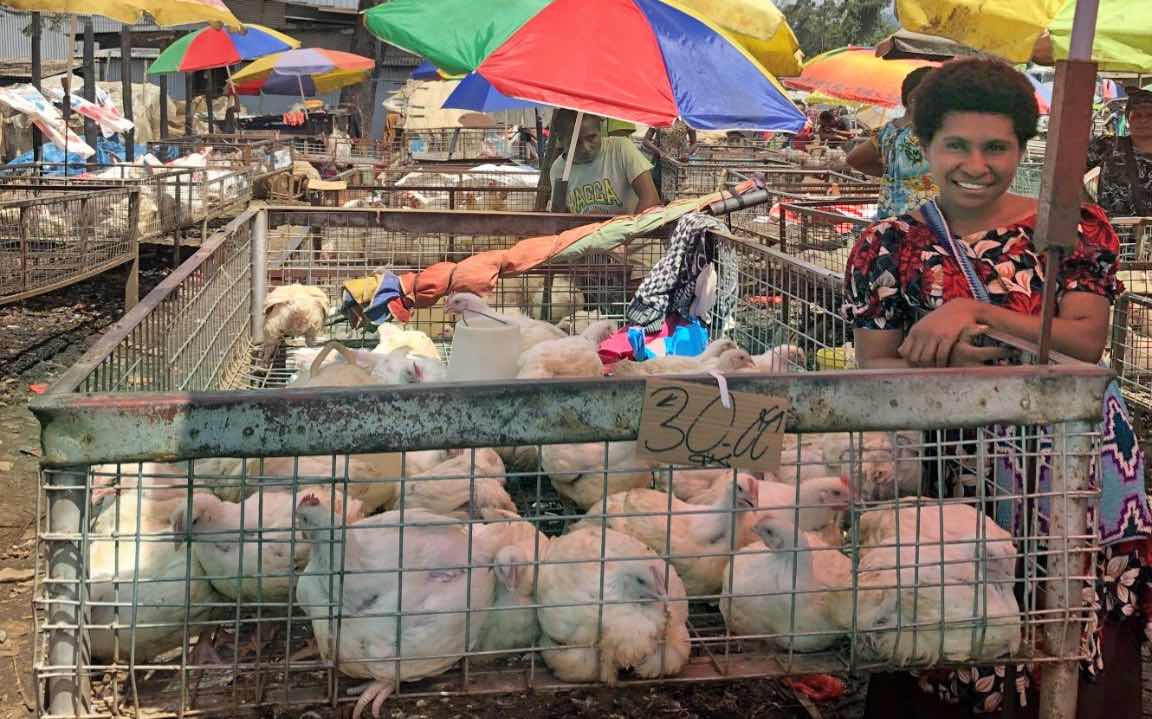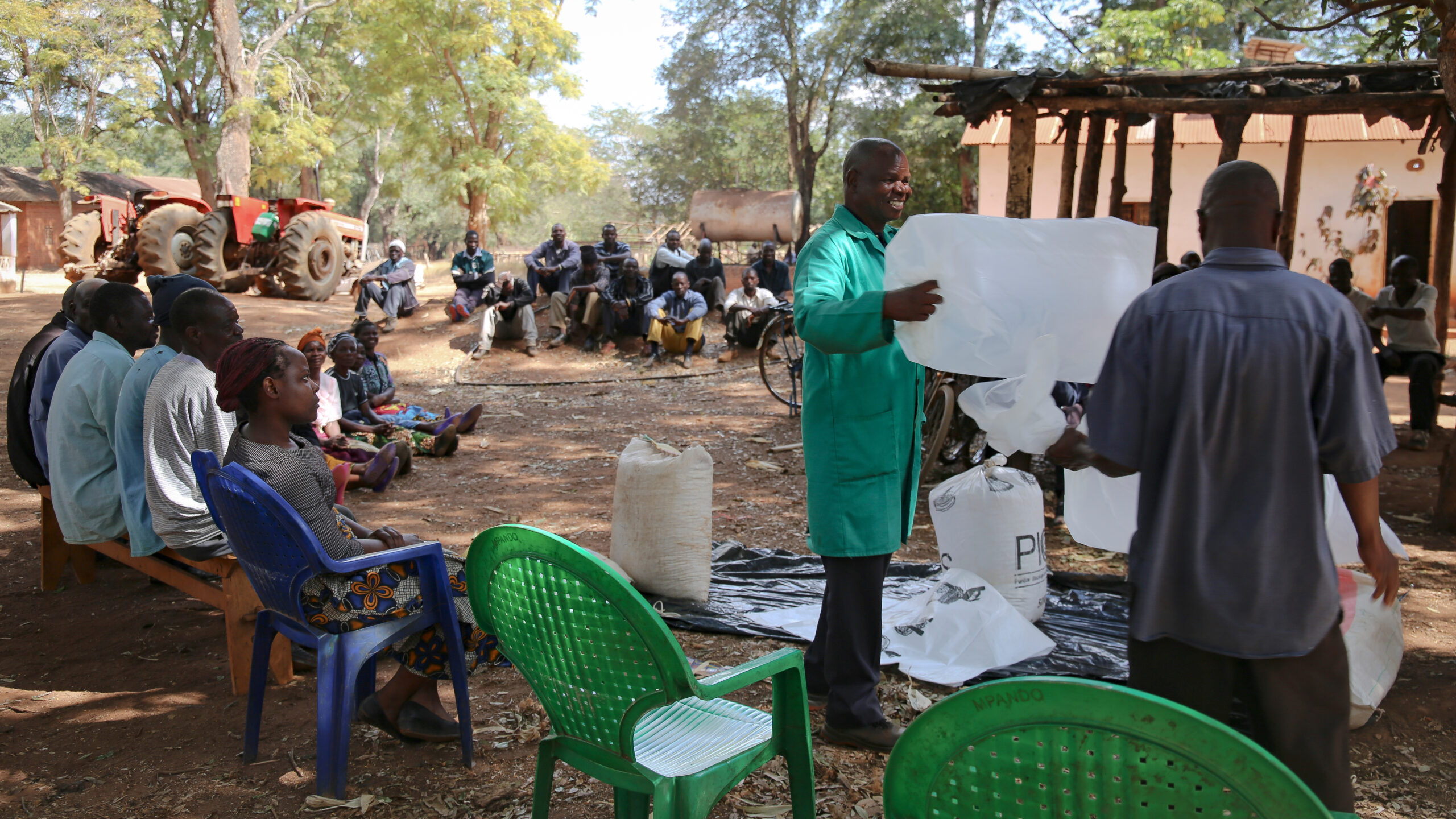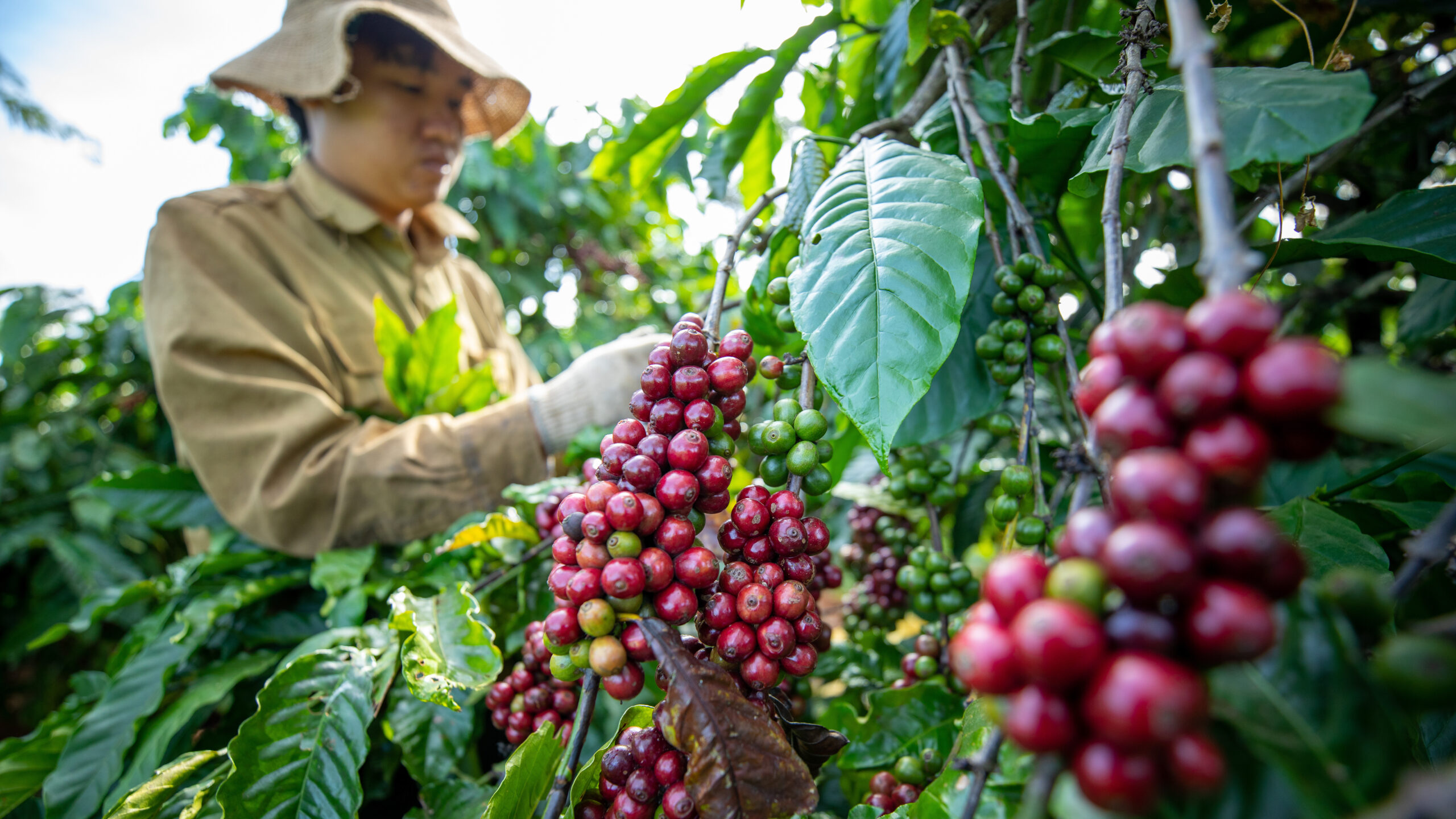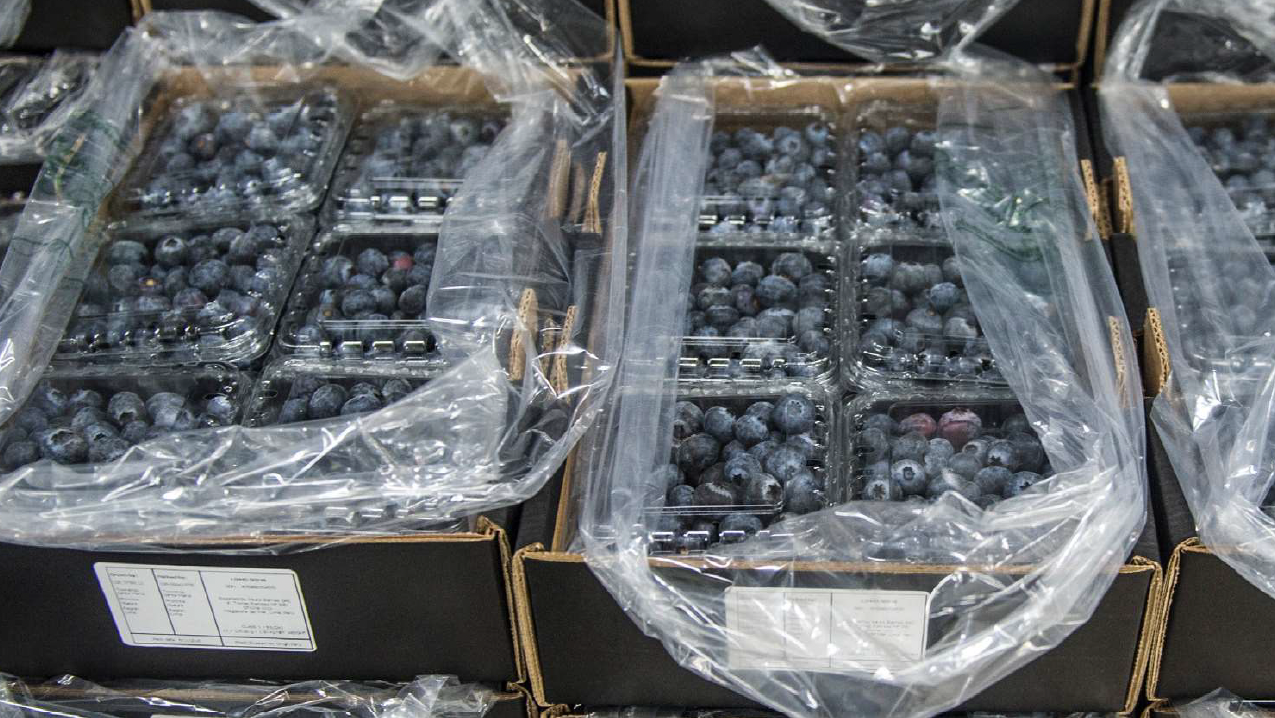Eighty seven percent of Papua New Guinea’s (PNG) population lives in rural areas, and the majority of adults work in agriculture. With almost 40% of the population below the poverty line, improving efficiency throughout the entire agrifood value chain is critical to foster greater economic growth and poverty reduction. It is also critical that those efforts promote inclusive growth and gender equality so that women and men participating in the value chain benefit equally from investments in its development.
These considerations are especially important in light of the government’s commitment in recent years to advance gender equality and women’s rights from a low base.
In our recent study, summarized in a project note, we looked at how agricultural value chain efficiency and gender inclusiveness in PNG could be improved in a coordinated effort.
General findings: Benefits of women’s participation in off-farm activities
In collaboration with the National Agriculture Research Institute (NARI), we analyzed three key value chains in PNG: Poultry, sweet potato, and fresh vegetables.
We find that in general, despite women’s greater share of employment in agriculture (60% of women versus 52% of men), women have less opportunities than men to participate in and benefit from higher-value agricultural production and trade activities. Our analysis suggests that women are heavily involved in all three value chains, but more so in production and sales than in (often more lucrative) mid-stream nodes.
Using data from the 2018 Papua New Guinea Rural Household Survey on Food Systems, we find that participation in off-farm work activities is beneficial for women and for their households: It is associated with greater participation by women in household decision-making, as well as improvements in overall household welfare. For example, when women and men jointly run non-farm enterprises, we observe greater household dietary diversity, production asset wealth, and durable asset wealth.
We also find that in places with the strongest prevailing gender norms opposing women’s economic participation, women are less likely to participate economically or to co-manage a non-farm enterprise. These results provide a strong business case for policies and programming alleviating harmful gender norms and thus supporting wider opportunities for women’s participation in key agrifood value chains.
A deep dive: Qualitative evidence from the poultry value chain
To complement this analysis of existing data with original data collection, we interviewed individual stakeholders throughout four primary nodes of the poultry value chain. Our “deep dive” into the poultry value chain was influenced by an especially extensive participation of women in (some nodes of) this chain.
We focused on the rural highlands, where a 2017 project of NARI, in collaboration with the Australian Centre for International Agricultural Research (ACIAR), aimed to build greater local capacity to produce livestock feed for rural poultry producers. We interviewed owners of eight livestock mini feed mills, 13 owners or managers of poultry businesses, and four input (feed and day-old-chicks) retailers in four Highland provinces—with mixed results in terms of gender inclusive operation and management across these three groups.
Women were heavily involved in poultry businesses. In six of the 13, women were the primary owner and manager and had full control over revenues earned. Four more were co-owned and managed by both husband and wife, and decisions regarding the operations and revenues were jointly made. We found only three cases of sole male ownership with all decisions being made by the owner—though even these business owners reported that the women in the household were actively involved in all business operations.
While a few women poultry farmers indicated feeling that poultry farming allows them to be more independent and empowered, almost all women observed that although they contribute significant labor to the poultry operation, they are still expected to maintain the household (e.g., cooking, cleaning, childcare, gardening, etc.), which substantially extends their workday.
In contrast, of the eight feed mills, six were owned and managed by men, while only two were co-owned and managed by both husband and wife. Mill owners specifically noted that mill labor is physically demanding and was difficult for women to complete. However, respondents in solely male-owned feed mills reported that women were involved in sorting ingredients for feed milling. In the two co-owned mills, only male owners were available for interviews—though they both mentioned that their female co-owner was the most knowledgeable about the feed mill activities and managed the labor resources, input purchases and output sales, and revenue decisions.
Among the four retailer and distributor enterprises considered, two of the owners were part of a larger producer distributor network of farm supply enterprises. They reported that about half of the employees across the country were female, and related that the company aims to provide equal training and experience for both women and men. The other two retailers we interviewed were small, independent operations that mostly work with male business partners and customers. Further research would be needed to better understand how independent livestock retailers and distributors manage their operations and labor decisions.
Why it matters
Identifying the challenges and opportunities for women to engage in more profitable nodes of key value chains is critical to designing policies and programming that can boost support for women taking on higher-value, off-farm roles. Additionally, ensuring that women have meaningful influence over household decision making, which may also relate to greater women’s economic participation, is crucial to improving overall household welfare. So too is ensuring that women have access to the information and skills that allow them to make optimal use of these opportunities. This study is meant to guide policymakers and stakeholders toward ways to improve productivity, increase revenue, and bolster competitiveness and inclusiveness within the agriculture and livestock sectors.
Lucia Carrillo is a Research Analyst with IFPRI’s Development Strategy and Governance Division (DSGD); Peixun Fang is a DSGD Senior Research Analyst; Katrina Kosec and Emily Schmidt are DSGD Senior Research Fellows.
Funding for this work was provided by the Australia Department of Foreign Affairs and Trade (DFAT) through the Australia High Commission (AHC) in Port Moresby; the CGIAR Gender Platform and supported by CGIAR Trust Fund Contributors; and the Regional Strategic Analysis and Knowledge Support System for Asia (ReSAKSS-Asia) funded by United States Agency for International Development (USAID). This work has been prepared as an output of the Papua New Guinea Food Policy Strengthening Project and has not been independently peer reviewed.







